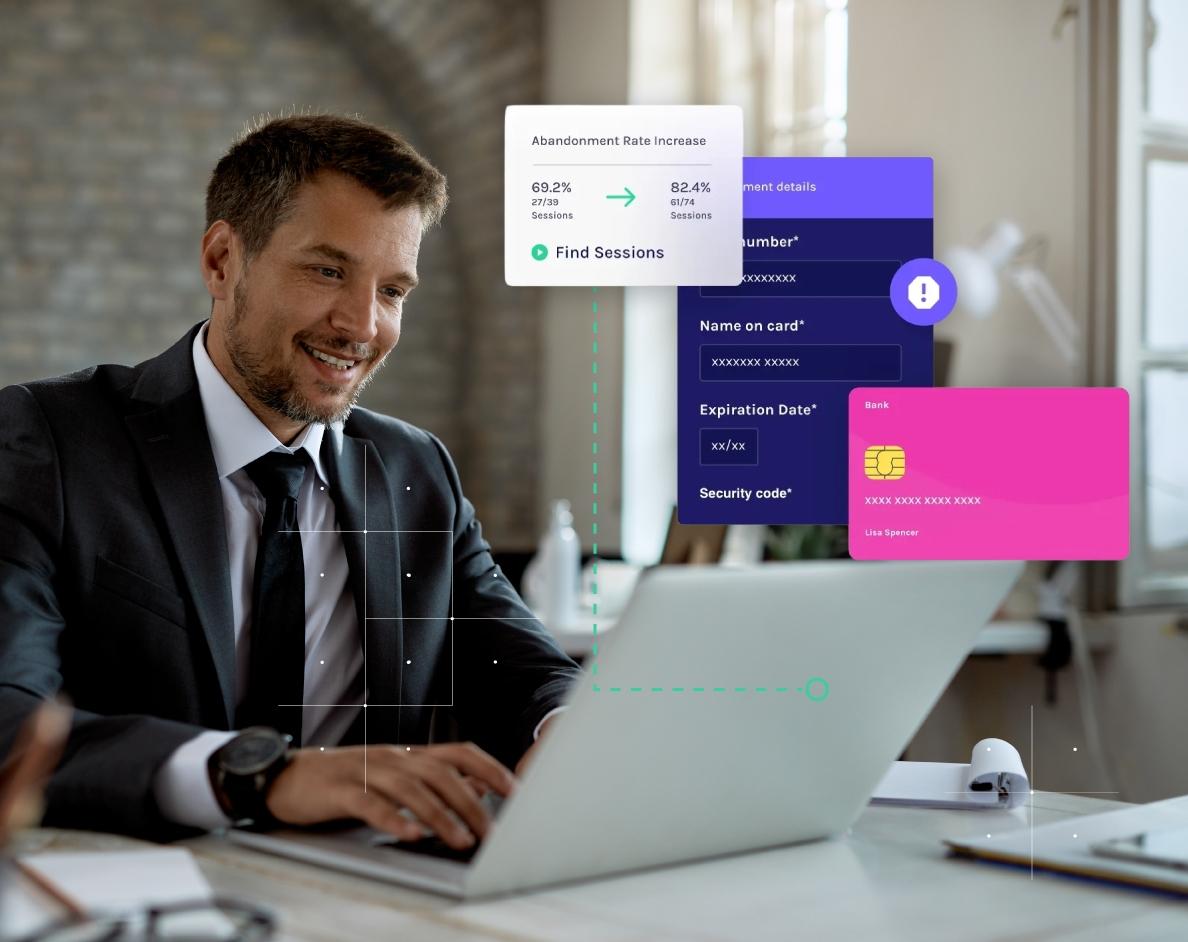
Digital risk management for a new decade
With 2020 right around the corner, there are plenty of fresh challenges facing the travel industry worldwide. In order to stay relevant and retain customer loyalty, travel, and hospitality businesses must practice comprehensive digital risk management in order to protect customer data while delivering top-notch service and targeted marketing.
Forecasting industry-wide trends and challenges
Technology will play a bigger role in the travel industry than ever in 2020, and the majority of consumers embrace a mobile-first approach to booking travel and vacations. Whether potential travel clients are using a mobile app or accessing information from a mobile browser, companies who don’t ensure that their mobile experience is high quality will be left behind. Growing technology platforms also offer a wider range of potential ad formats, providing more options to choose between when working with a limited marketing budget. Identifying the right advertising to connect with the right customers will become essential. However, companies must walk a fine line between protecting consumer privacy and using their consumer data and sales funnel analytics to provide a customized personal experience.
Heading into the new decade, combining business and leisure trips is becoming a major trend, with more working professionals optimizing their travel opportunities for both career and pleasure. Digital nomadism takes this to the next level, as remote career paths allow the next generation of movers and shakers to accomplish their goals from anywhere in the world. Travelers and businesses alike have to practice good digital risk management to ensure that sensitive customer data is safe no matter where a traveler is booking their next trip.
Hospitality businesses must craft an experience that is equal parts efficient and luxurious to appeal to this growing group of travelers. The modern traveler is also more eco-conscious, seeking experiences and accommodations that are environmentally responsible while fostering a deeper connection to the natural world.
Prioritizing a streamlined experience
The rapid rise of social media alongside review sites provides customers more opportunity than ever to express themselves publicly if problems arise. Reputation management requires a proactive approach, including detailed follow-up with guests to communicate clearly that your team has identified and understood their problem clearly, and taken specific actions to resolve it. Turn that one star review into a five star experience by recording and evaluating each customer’s interaction with your site or application.
Travel websites that are slow to load, broken widgets, crashing mobile booking apps, and more – all of these examples are common reasons why potential customers give up on the process of making a reservation. But how do you improve customer experience if you can’t identify the exact cause of the issue? Replay tools can empower your team to flag and assess all sessions where the application takes five seconds or more to load, and filter the resulting data to isolate what the common factor(s) may have been – such as a particular device, browser, or operating system. You can take your quality assurance to the next level by setting up alerts to flag customers automatically if their load time exceeds that five second threshold.
Automated chatbots and customer support can be an incredibly effective solution to handling issues on the spot – but without any oversight, customers could end up even more frustrated. Recording and reviewing sessions can ensure that your automated scripts are accomplishing your goals for customer service.
Confidence matters
2020 is going to bring challenges and opportunities aplenty for the travel and hospitality industry. With the right combination of digital risk management, smart marketing, and anticipation of customer needs, you can capitalize on the hottest travel trends and find success in the new decade.








